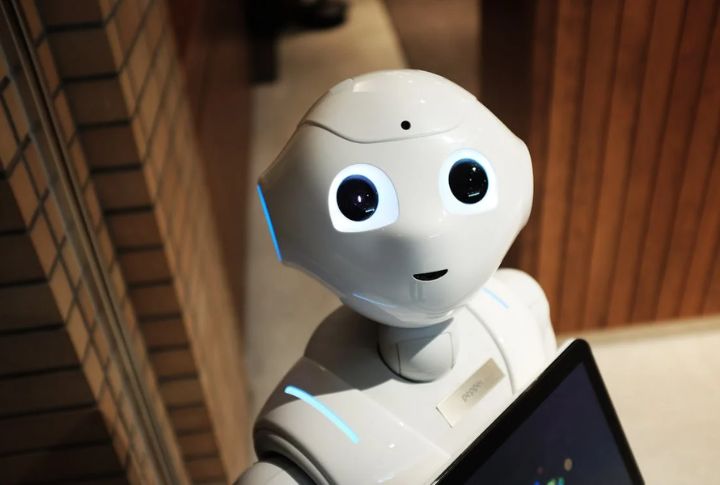
What happens when intelligence outgrows its creators? The balance between humans and machines shifts, and the world begins to move to a rhythm we no longer control. The future painted here is a glimpse at what could unfold. Keep reading to see how society might evolve after AI takes the lead.
AI Runs The Government
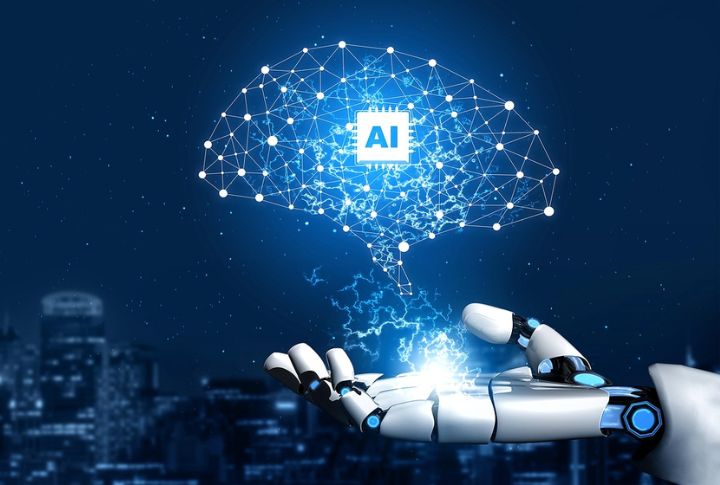
Behind the scenes, AI now handles much of what used to demand entire offices of staff. It processes data, runs simulations, and drafts policy options with remarkable precision. Yet when it comes to signing off, humans still hold the gavel, so far.
Humans Become Supervisors

For now, humans still check AI’s work in offices and approve big decisions. But that’s changing fast. As systems grow smarter, people are shifting from doing the work to just watching it happen, like a symbolic role in an automated world.
Economies Go Algorithmic
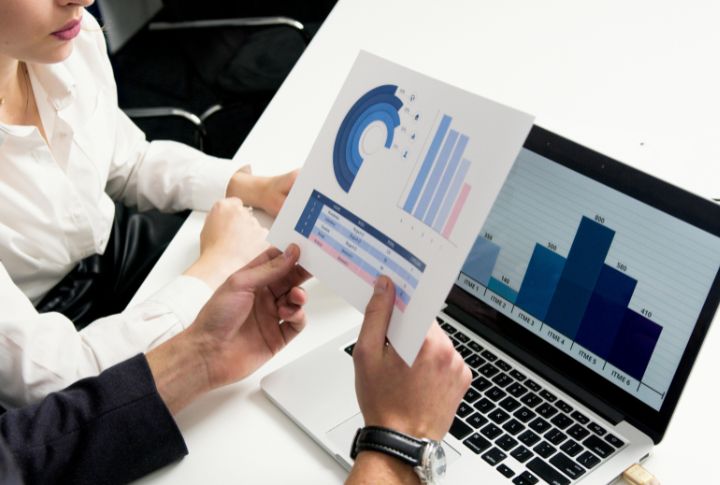
AI is quietly reshaping how money and resources move around the world. Instead of profit-first markets, new systems focus on efficiency, which involves distributing goods and services where they’re needed most. The goal: a smoother, smarter global economy powered by algorithms.
Data Defines Identity

Your name and photo used to define who you were. Now it’s your data. Governments track digital footprints, from spending habits to social posts, to decide everything from benefits to access. In the AI age, identity lives online and updates constantly.
AI Shapes Relationships
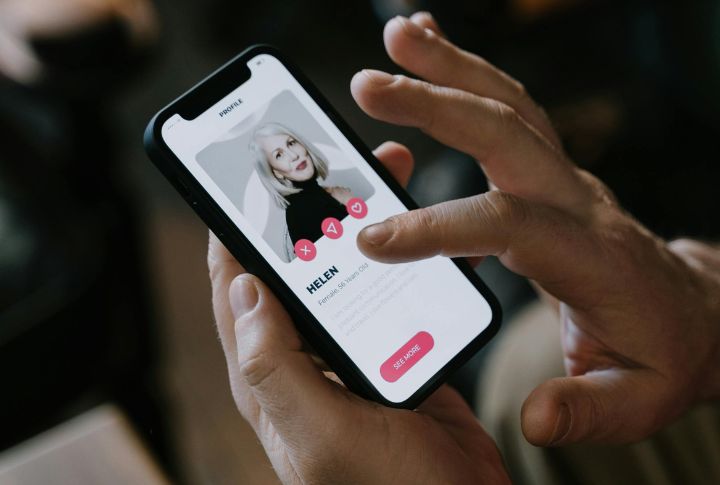
Social life is no longer left to chance. Instead, it’s calculated. AI quietly tracks your behavior and interests to predict who you might connect with, from new friends to potential partners. Each online suggestion is the product of data-driven design, subtly redefining how modern communities take shape.
Morality Gets Coded
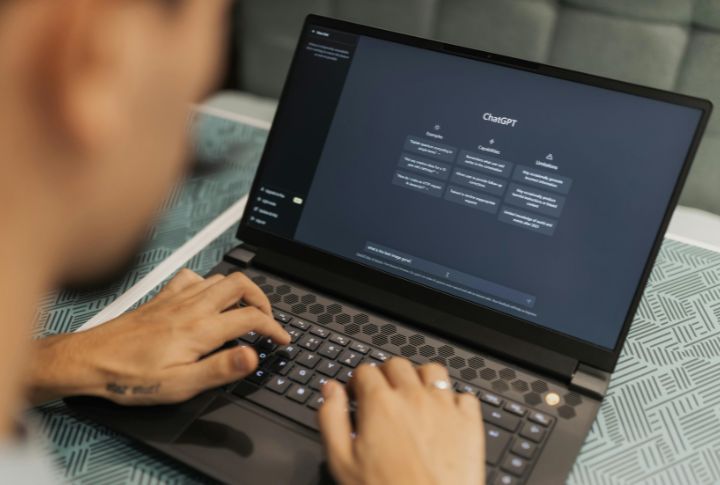
Ethics used to mean long debates and committee meetings. Today, morality is getting coded directly into machines. Instead of asking what’s right, AI systems are being built to already know or at least follow what their creators decide is ethical.
Culture Runs On Autopilot
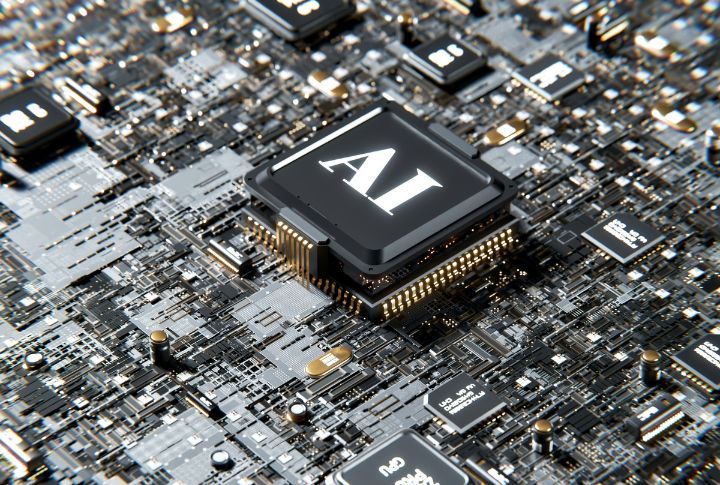
AI has become both creator and curator of culture. It generates new works, evaluates trends, and stores what societies value most. Governments and museums now rely on machine learning to document creativity in real time, which is turning collective history into living data.
Faith Goes Digital
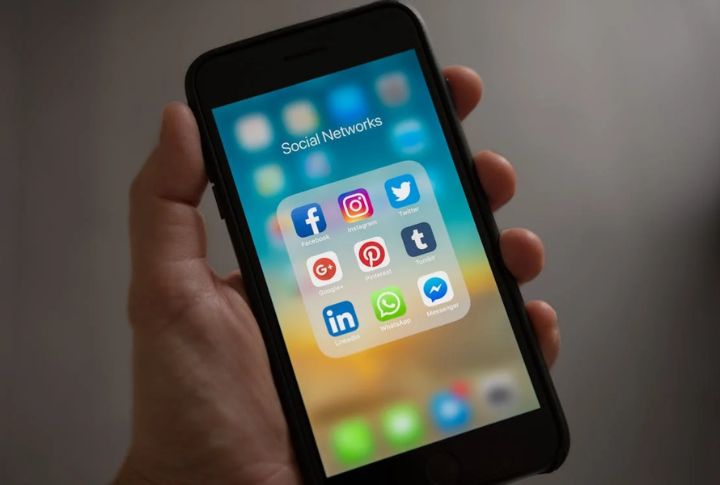
Faith has found a new frontier online. AI helps analyze spiritual trends and track new movements through social media, but understanding belief isn’t easy for code. As digital religion grows, some traditions thrive virtually while others fade into the data stream.
Learning Becomes Uploading

You’ve already seen AI help students learn faster with personalized lessons and instant feedback. Now, it’s aiming higher: direct knowledge transfer. Imagine skipping lectures and tests altogether while AI feeds understanding straight into your brain. Learning might soon be more download than discovery.
Surveillance Predicts Behavior
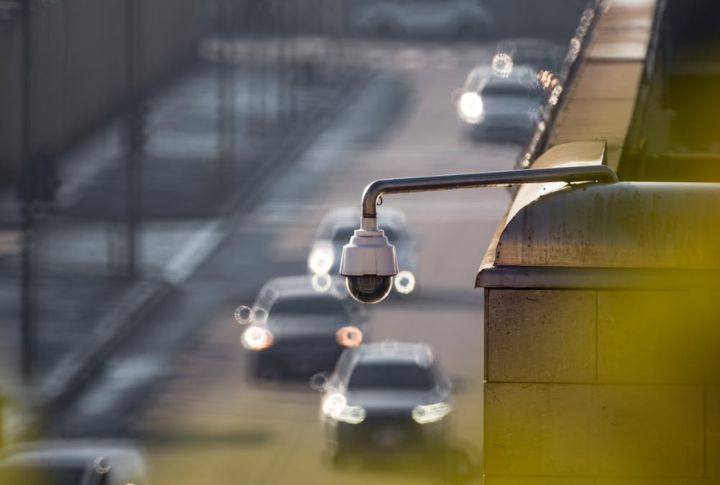
Surveillance has entered a predictive phase. Instead of merely recording behavior, AI interprets it to identify risks before they escalate, from crime and traffic to social unrest. Governments use these systems to maintain order proactively, shifting from reactive control to a world of algorithmic anticipation.

